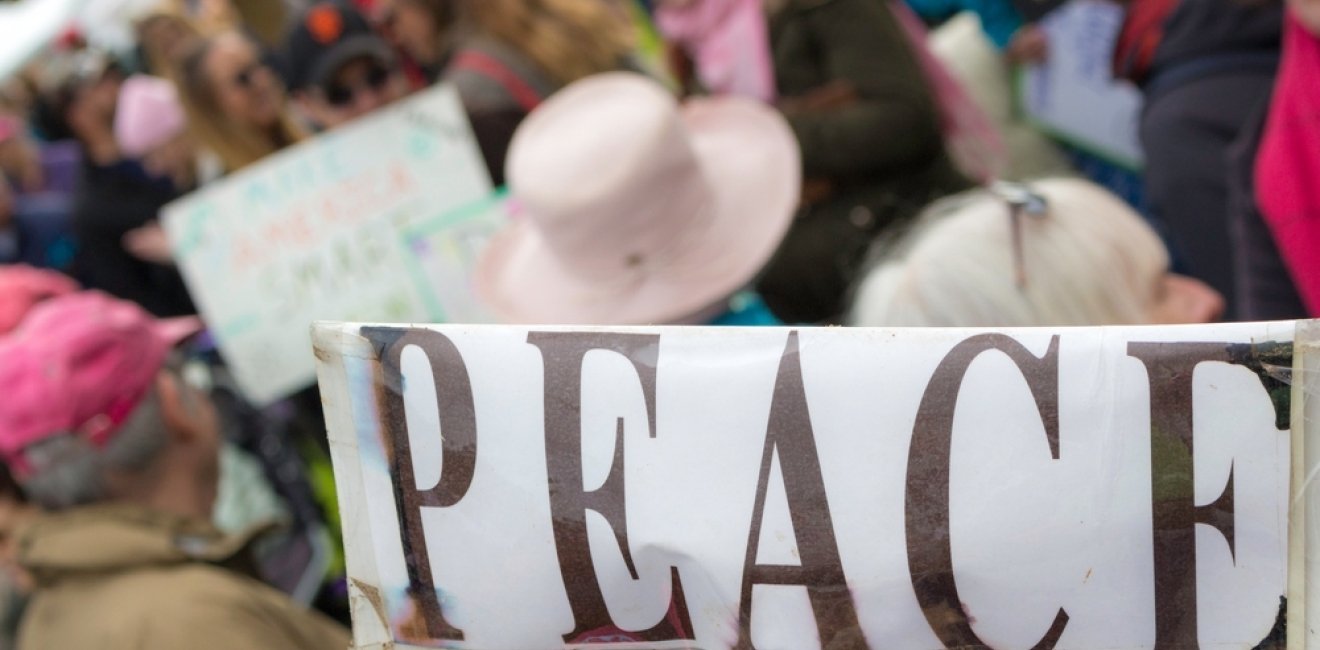Shifting the focus from collective identities to individual narratives can help dismantle the barriers that dehumanization has built.
The Israeli-Palestinian conflict, one of the most enduring disputes of our time, has evolved into a complex web of historical grievances. Despite numerous attempts at peace, the cycle of violence continues, leaving communities scared on both sides. The most dangerous consequence of this conflict is the growing dehumanization tearing apart the shared humanity of those involved. The result is simple: no one wins; we all lose.
Israeli mothers describe the exhaustion of seeing their sons traumatized by military service. On the other side, Palestinian women express frustration as their sons, driven by a lack of hope, join extremist organizations. Palestinians and Israelis mothers call on their common vision for peace, justice, and coexistence, urging leaders to prioritize the safety and well-being of their children above all else. The stories of Israeli and Palestinian mothers vividly illustrate the human aspect often overlooked in the broader narrative of the conflict.
Dehumanizing language
The way that leaders, media, and everyday conversations frame the conflict significantly contributes to the dehumanization of individuals involved. Social media also plays a crucial role, sometimes amplifying heated language driven by justified passion, which can leave little room for nuanced analysis. Language matters; when people are reduced to mere symbols of an ‘enemy,’ their humanity is stripped away.
Dehumanization appears not just in acts of violence or hate speech but also in the way we talk about the conflict. Referring only to ‘sides’ or ‘factions’ ignores the diverse experiences and struggles within each community. Moreover, simplifying the conflict to the actions of governments or extremists erases the voices advocating for peace and coexistence. This oversimplification is a barrier to understanding and a shield against empathy.
Dehumanization is not just a psychological tool; it is a political one. It enables the normalization of violence and deepens divisions. Reducing people to labels prevents empathy and makes reconciliation harder to achieve. History shows that conflicts rooted in dehumanization—like those in Rwanda and Bosnia—are difficult to resolve. Reconciliation only begins when people are seen as human beings, not faceless enemies.
The past year has only intensified these realities, with escalations reigniting old fears. While global attention spikes during violent outbreaks, it quickly fades away. For those living in Israel and Palestine, the conflict is a daily reality; they are born, grow, and die under the same terrible cycle. The parties involved in this conflict each have their own interests, aspirations, and hopes for themselves and their children. Understanding what each party seeks is crucial to addressing the larger questions at hand. It’s time for them to work on changing the narrative, far from external opinions that fuel division. This conflict has been politicized and weaponized enough; the world needs to rethink how this conflict is discussed and understood or risk letting it spiral into deeper division.
Breaking the cycle
Behind every statistic, there is a personal story: a mother, fiercely protective and resilient, shielding her children from harm, a father struggling to provide for his family under immense pressure, or a young person caught between fear and hope. These are the stories that need to be heard if we hope to break the cycle of hate and fear. Shifting the focus from collective identities to individual narratives can help dismantle the barriers that dehumanization has built.
There are practical actions to counter dehumanization. Numerous grassroots initiatives build bridges between Israelis and Palestinians, especially among women. Organizations like “Women Wage Peace” and “Women of the Sun” have worked to foster dialogue, understanding, and solidarity. Their effort underscores that the shared experiences as mothers, daughters, and community members can contribute significantly to peacebuilding.
However, such initiatives often struggle due to a lack of funding, support, and faith in what they can achieve. While leaders may speak of peace, genuine investment in women grassroots efforts is essential for changing the status quo. Empowering women to lead peace efforts is not just about gender equity; it is a strategic necessity. Women often bring to the table a focus on dialogue, empathy, and community engagement that is crucial and clearly missing in military strategies and peace discussions.
To move forward, there must be a concerted effort to educate people about the dangers of dehumanization. This includes challenging stereotypes, promoting media literacy, and supporting programs that facilitate dialogue. Schools, community organizations, and religious institutions could also help cultivate and encourage empathy and understanding, while leaders must recognize that words can either build bridges or burn them.
Centering shared humanity
At the heart of this conflict are two people with deeply rooted identities, histories, and aspirations. Both Israelis and Palestinians seek safety, dignity, and opportunities for their children to thrive. Analyzing the situation reveals that, despite the profound differences shaped by years of conflict and separation, there are fundamental human desires that unite both sides.
No solution will be easy, and not one will satisfy everyone. Yet, if we continue down the path of dehumanization, we can only expect one outcome: ‘no one wins; we all lose.’ Healing begins when we objectively recognize the shared humanity of each group. This process requires listening, sharing, and empathizing—even when faced with the complexities of the situation. By acknowledging each other as human beings deserving of dignity and respect, we can start to dismantle the barriers that have challenged peace.
The Israeli-Palestinian conflict goes beyond political dimensions; it is fundamentally a human issue. An analytical perspective highlights the need to address shared fears and aspirations—human-to-human, person-to-person—so that the seeds of peace can be finally cultivated effectively.
The views represented in this piece are those of the author and do not express the official position of the Wilson Center.








